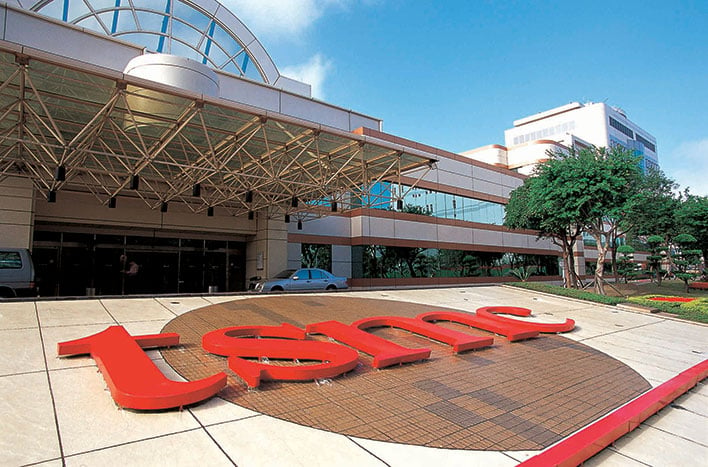TSMC Unveils $100 Billion 3-Year Plan To Fuel R&D, Chip Fab Expansion

Anyone who has had aspirations of building a new PC in recent weeks and months has felt the sting of an industry wide silicon shortage. The most desirable CPUs and GPUs have been frustratingly out of stock, as have been the latest game consoles from Microsoft and Sony (built around those same parts). Relief might not be coming in the immediate future, but looking longer term, both Intel and TSMC are making big investments into expanding their chip making capabilities. TSMC in particular says it plans to invest a whopping $100 billion to bolster its chip fabrication capacity.
The announcement comes barely a week after Intel said it was pouring $20 billion into its own advanced manufacturing capabilities. Intel is building a pair of fabs at its campus in Arizona, which will bring around 15,000 long-term jobs to the area. Just as importantly, the investment plays into Intel's strategy to be a chip supplier for other companies.
Perhaps feeling the heat from what will be increased competition, TSMC will spend five times as much expanding its own capacity over the next few years, according to a statement provided to Nikkei Asia.
"In order to keep up with demand, TSMC expects to invest 100 billion over the next three years to increase capacity to support the manufacturing and research and development of advanced semiconductor technologies," TSMC said. "TSMC is working closely with our customers to address their needs in a sustainable manner."
This is a major development, especially considering TSMC said in January that it will be working with a capital budget of between $25 billion and $28 billion this year, when reporting its record 2020 earnings. At the time, it also noted strong demand for its 5-nanometer technology, fueled by 5G smartphone launches and high performance computing (HPC) applications.
"In the fourth quarter [of 2020], shipments of 5-nanometer accounted for 20 percent of total wafer revenue; 7-nanometer and 16-nanometer accounted for 29 percent and 13 percent respectively. Advanced technologies, defined as 16-nanometer and more advanced technologies, accounted for 62 percent of total wafer revenue," TSMC said.
TSMC also confirmed it has suspended discounts on wafer pricing for the entirety of 2021. The chip maker feels this is the "least disruptive option to supply chains" in light of such high demand for silicon parts.
What's not clear is if TSMC's $12 billion chip facility it is building in Arizona factors into the $100 billion investment. Either way, TSMC is spending big money to bolster its supply long-term, and to better compete with Intel down the line.

